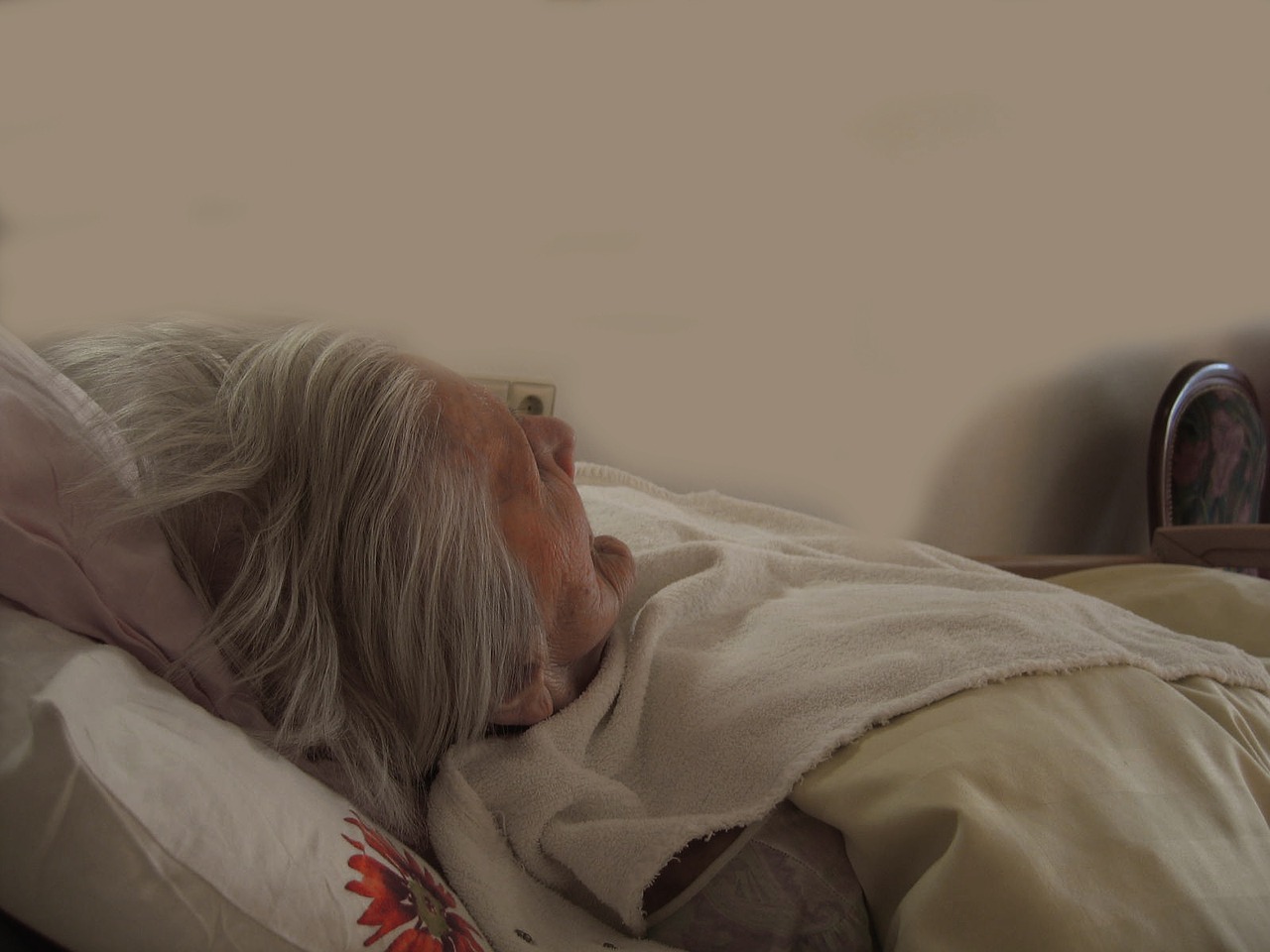Getting a good night’s sleep is one of the most important things we can do to maintain good health at any age. Seniors must get the rest they need, but unfortunately, sleep can often be elusive. In addition to age-related issues, older adults usually take prescription medications or have illnesses that can disrupt their sleep.
There is another possible culprit for insomnia and restlessness, however – stress. Life can often be stressful on a typical day, but the health crisis has made the situation even worse over the last year. Therefore it is vital for all of us – especially seniors – to learn how to de-stress before bed and close our eyes for a restful night.

Stress is a trait we came by through evolution, and it was important for our ancestors who had more threats to their survival. When you experience stress, the body automatically floods with hormones that work to make sure you are alert and ready to deal with the situation at hand. These days, however, we are rarely fighting off a predator at the mouth of the cave – and need to find more productive ways to de-stress when it is time to rest.
Prepare for Stress-Free, Good Night’s Sleep
Because stress has physical ramifications, it can persist even if you aren’t thinking about the stressor. However, there are practical steps you can take to minimize the effects of stress, which may allow you to get that good night’s sleep.
Exercise During the Day: As mentioned, stress instinctually prepares our bodies for a fight. You can help your body to release that pent up response by getting daily exercise. Almost every kind of exercise can decrease stress levels, so you can choose an activity appropriate for age and mobility level. Even just taking a short walk in the sunshine will help.
Create an Oasis: We all love a bright and cheerful room during the day, but at night be sure your room is dark and peaceful. Create a serene place to sleep, and your body will learn to associate a dark room with rest. You may wish to hang blackout curtains to keep out street lights or early morning sun. White noise machines can help, or earplugs if you prefer complete silence. If an essential oil diffuser is something you like, look for oils specifically designed for sleep.
Stow Your Phone: If you have a smartphone, you may not be aware of the distraction it is causing. Notifications can be shut down overnight, of course, but the blue light from the phone (ad some think even the wifi connection) can disrupt sleep patterns. If you need an alarm, consider a good old-fashioned analog version. Put your phone in another room, or turn it off entirely for the night. (If family members want to make sure they can reach their loved ones, turning the phone off may not be an option. Do what is best for your family.)
Create a Routine: A sure way to let your body know that it is okay to de-stress is to set up a bedtime routine. If you have the same routine every evening, your body will learn that it is safe to let down your guard. You may wish to try taking a shower or a hot bath, which can also lower body temperature, facilitating sleep. A few minutes of meditation or prayers
can help you relax. Deep breathing can assist your body by filling it with oxygen. If you have too many worries and can’t seem to fall asleep, try journaling at night or making a to-do list for the next day. The routine will calm you and allow you to think of other things.
Unfortunately, stress is a part of contemporary life, and most people are affected to some degree. Try some of these techniques to improve your sleep and feel better overall.
A Banyan Residence is a professional assisted living and memory care facility located in Venice, Florida.
